The 10 quickest fixes to boost health
Research shows that the smallest changes in behaviour can make a big difference — even if it’s just reducing your salt intake by half a teaspoon.

Transforming your health doesn’t have to mean overhauling your entire lifestyle. Scientists have demonstrated that big gains can come with small health changes — a new study in China has shown that reducing sodium in the diet even modestly can have a big impact on lowering blood pressure. Here’s how to tweak your way to better health.

Go for a 10-minute stroll after eating to regulate blood sugar
Studies have shown that going for just a 10-minute walk after a meal helps to prevent sharp spikes in blood sugar levels — our muscles are forced to draw glucose out of the circulation to use as energy required for even gentle movement. A team of researchers in New Zealand found that timing the walk for 20-30 minutes after a large meal works best for controlling blood sugar.
Eat an orange a day for better eyesight
The flavonoids — antioxidant-rich plant compounds — specific to oranges appear to help to protect against macular degeneration, a leading cause of sight loss in Britain. One orange a day could dramatically cut your risk of the condition. Research at the University of Sydney found that people over 50 who added at least one orange to their daily diet were at a 60 per cent lower risk of developing late macular degeneration 15 years later compared with people who don’t touch the fruit.
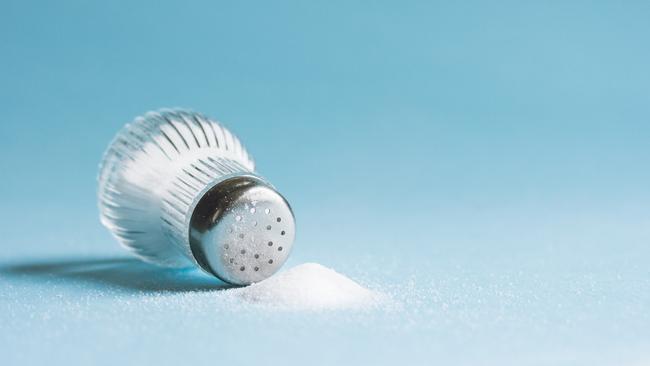
Cut salt intake by half a teaspoon to reduce risk of heart attack
Despite NHS recommendations that we should eat no more than 6g (about a teaspoon) of salt a day, the charity Action on Salt warns that for most of us our average intake is more like 8.1g of salt. Too much salt in the diet makes it harder for your kidneys to remove fluid, causing a build-up of fluid in your system that raises blood pressure — a leading cause of strokes and heart disease.
Reducing your intake by half a teaspoon daily can make a big difference, as can using low-sodium alternatives. A recent Chinese study showed that those who substituted regular salt (100 per cent sodium chloride) for a reduced-sodium product (75 per cent sodium chloride, 25 per cent potassium chloride) significantly reduced their risk of illness and death from strokes and heart attacks.
Change the order in which you eat your food to reduce diabetes risk
In a study, people with type 2 diabetes were asked to eat the same meal over three days but to change the time at which they ate carbohydrates during the meal — they either started off with the carbs; kept them for last; or consumed carbs, vegetables and proteins together. According to the researchers at Weill Cornell Medical College in New York, leaving carbs until last had the most beneficial effect on keeping blood sugar and insulin levels under control, reducing the risk of type 2 diabetes.
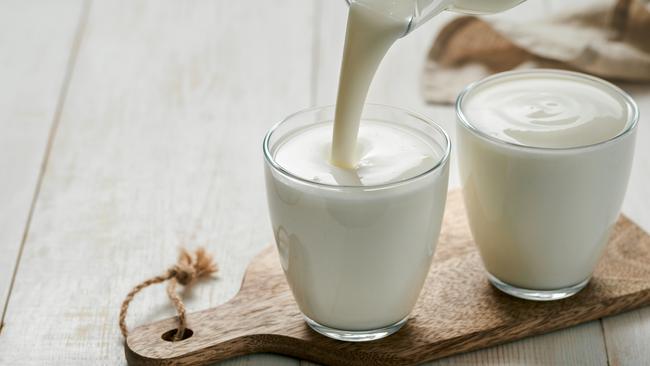
Have a mug of warm milk to help you sleep
Milk contains tryptophan, an amino acid that plays an important role in the production of serotonin and melatonin, which influence sleep. But recently scientists have discovered that cow’s milk provides a cocktail of sleep-enhancing compounds, including milk peptides. Last week researchers identified a specific peptide, called alpha-casozepine, that could be responsible for sleepiness, and they believe that it could be used to formulate natural sleep remedies.
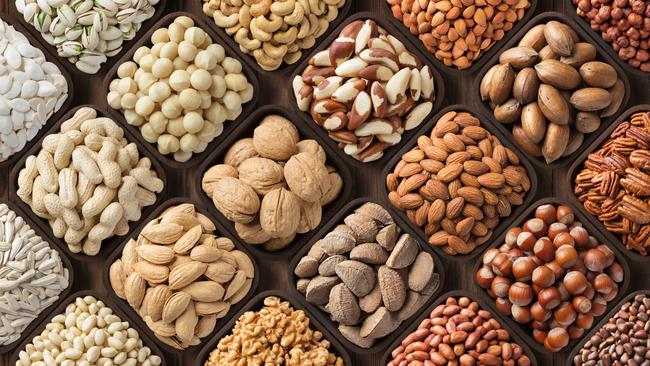
Eat nuts five times a week to reduce heart disease
Almonds, cashews, Brazil nuts and hazelnuts are rich in heart-healthy monounsaturated and polyunsaturated fats, while all nuts provide fibre and vitamin E. One study of 210,836 men and women by Harvard cardiologists found that eating 25g of nuts five times a week resulted in a 14 per cent reduced risk of cardiovascular events and a 20 per cent reduction in coronary heart disease over 31 years.
A pot of plain yoghurt first thing can reduce blood sugar spikes
Yoghurt is a good source of bone-boosting calcium, vitamins D, B2 and B12, and iodine. Researchers at the University of Wisconsin-Madison found that, thanks to the protein it contains, eating a pot of plain yoghurt before breakfast helped to reduce blood sugar spikes that can give rise to food cravings and raise the risk of type 2 diabetes over time. Researchers at the Medical Research Council’s epidemiology unit at the University of Cambridge reported that people who ate yoghurt regularly had a 28 per cent lower risk of new-onset type 2 diabetes than those who didn’t.
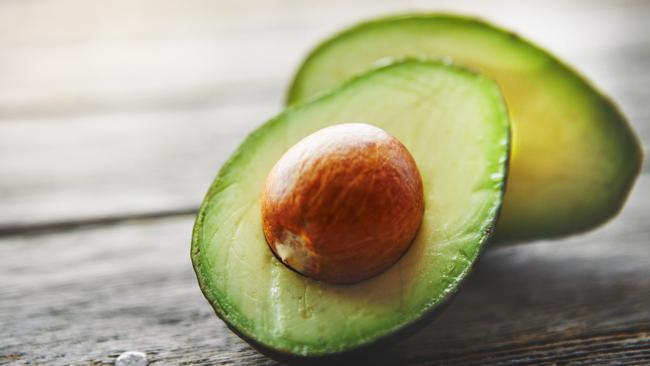
Eat an avocado daily to lose belly fat
As well as providing healthy fats and nutrients including potassium and vitamin E, a medium avocado provides about 12g of fibre. Some of that fibre is broken down by bacteria in your gut to produce short-chain fatty acids that help to prevent your body from storing fat, particularly abdominal fat. In a study from the University of Illinois, researchers asked half of the 100 participants in a 12-week study to consume an avocado with one daily meal, while a control group ate a similar meal but without the avocado. Among the women — although not the men — who consumed an avocado a day there was a significant drop in belly fat. The team also found that people who ate an avocado each day had a greater abundance of the beneficial gut microbes that support gut health.
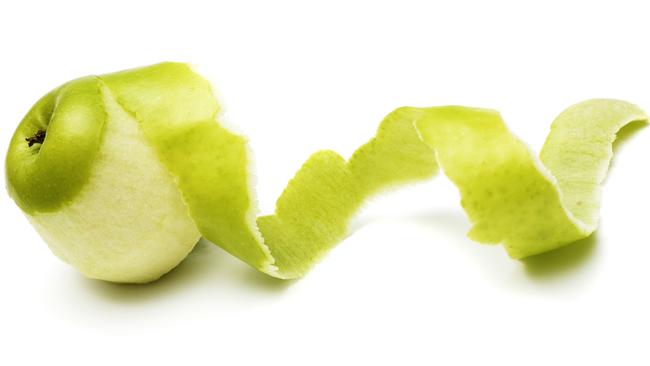
Two apples a day can lower cholesterol
Apples are rich in fibre and polyphenol plant compounds called proanthocyanidins and have been shown to help to lower cholesterol levels. Scientists led by the University of Reading in collaboration with the Fondazione Edmund Mach Institute in Italy showed how eating two apples a day could reduce the amount of total and “bad” LDL cholesterol in the body. In the study the apple eaters also had improvements in markers associated with blood vessel health after eight weeks.
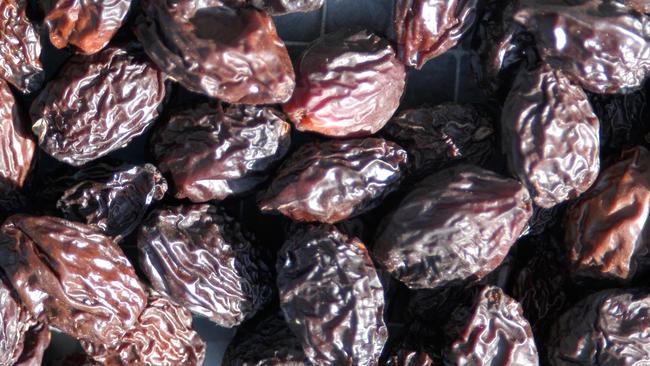
Eat five prunes a day for a healthier heart
Prunes are high in fibre and naturally occurring antioxidant-powered compounds as well as nutrients including potassium and vitamin K, all of which are thought to play a role in reducing inflammation and improving risk factors for cardiovascular disease. A study published this year showed that eating about five prunes a day for six months raised the body’s “good” cholesterol, known as HDL, and lowered bad LDL cholesterol in a group of post-menopausal women. Eating prunes daily also resulted in lowered levels of inflammatory cytokines (proteins) associated with higher risk of heart disease.
Prunes are important for strong bones, containing antioxidant compounds neochlorogenic acid and chlorogenic acid, which help to prevent bone loss. A study this year showed that eating five or six prunes daily for 16 months resulted in increased total bone mineral density in post-menopausal women.
The Times

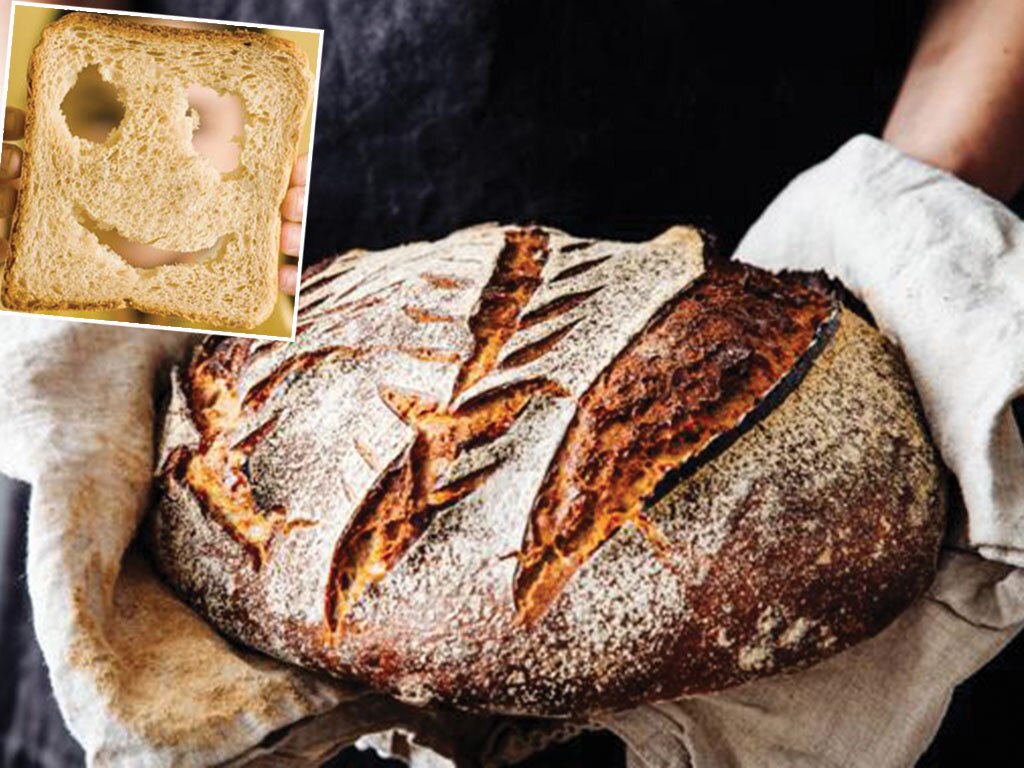

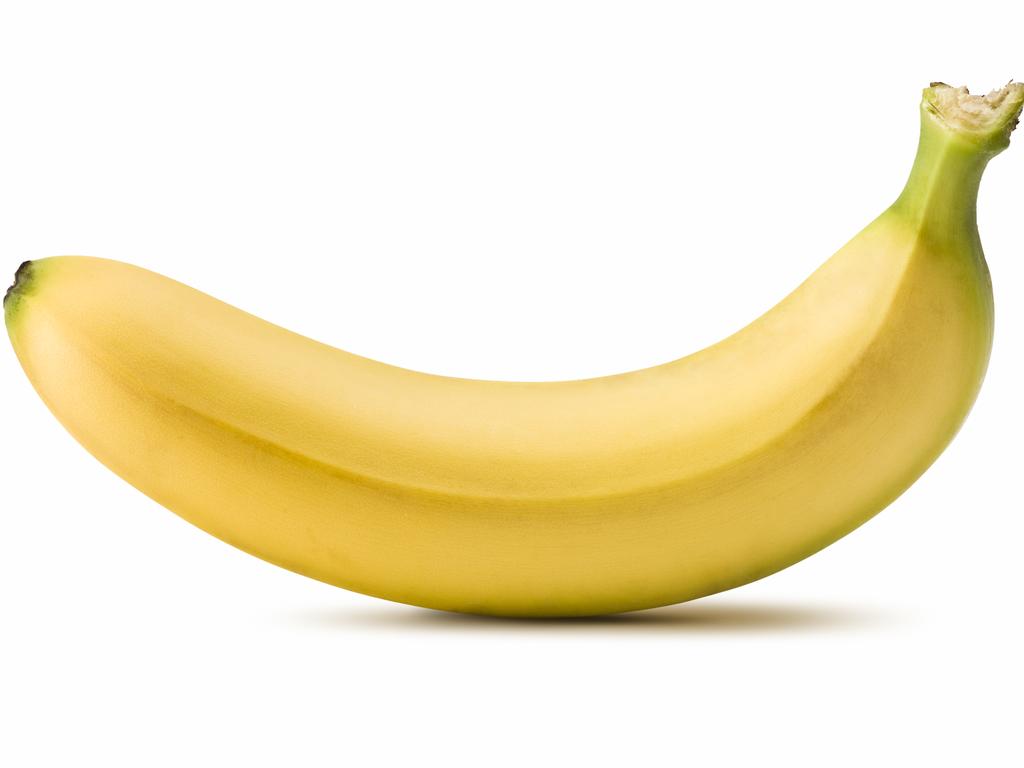



To join the conversation, please log in. Don't have an account? Register
Join the conversation, you are commenting as Logout